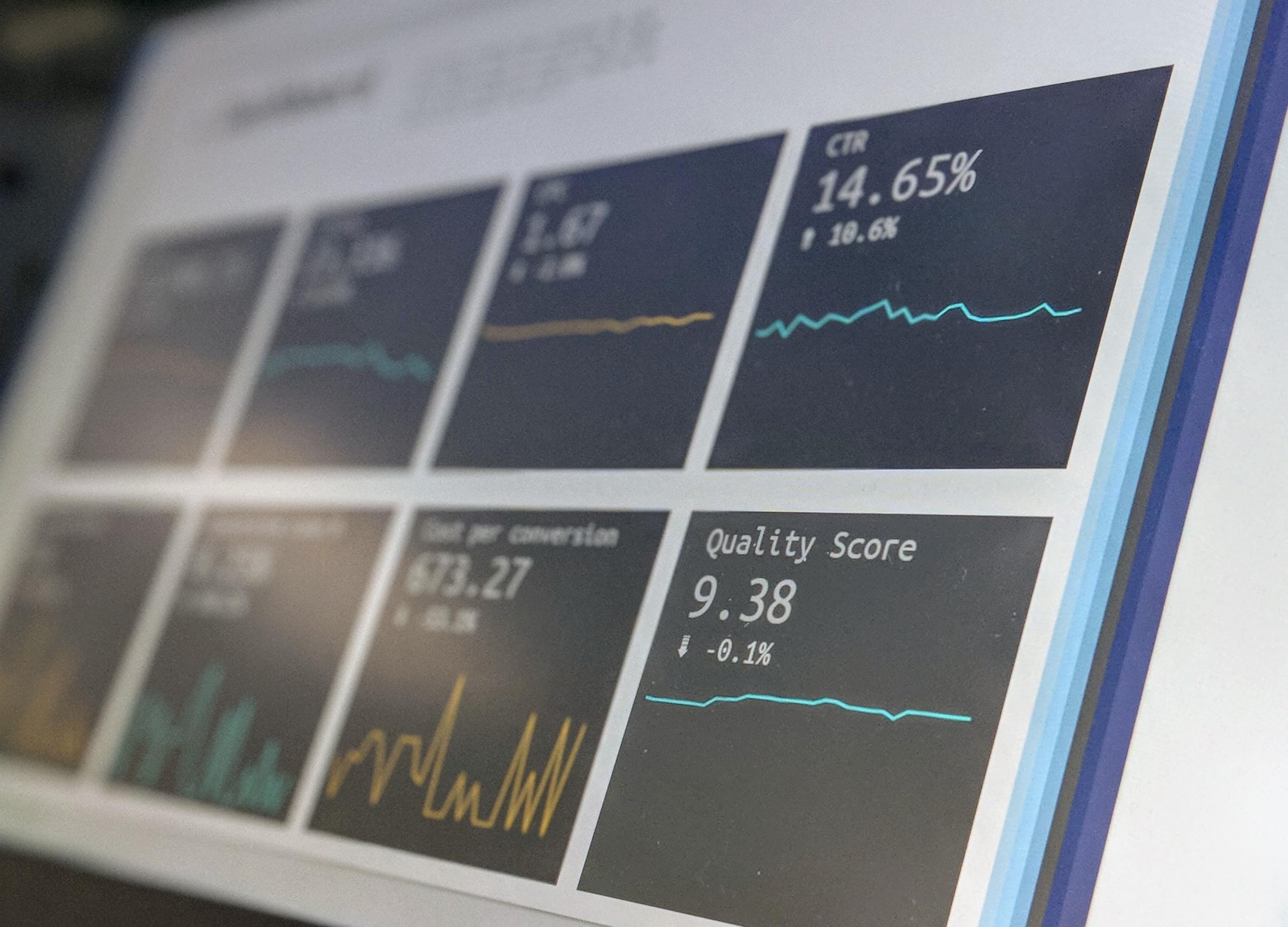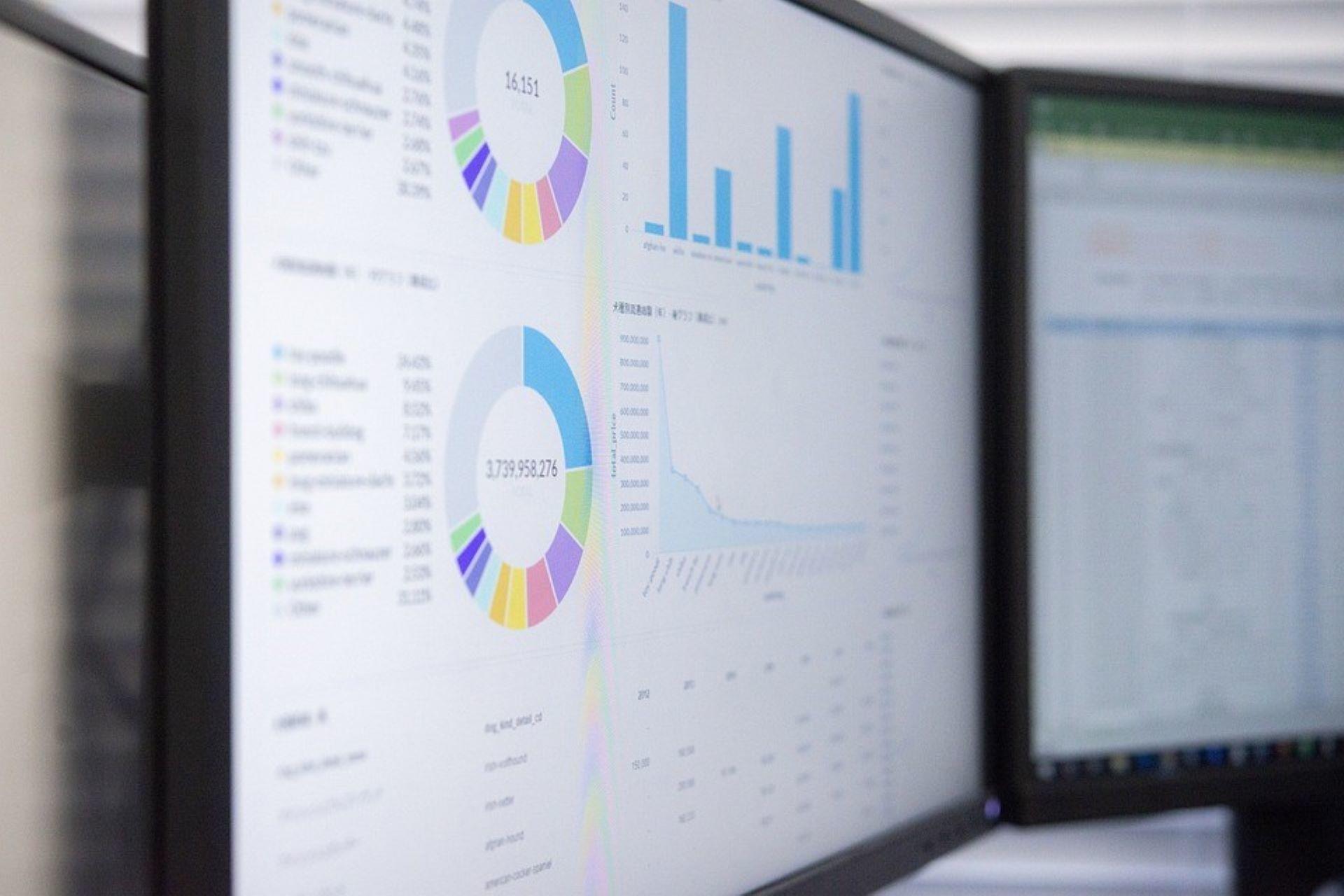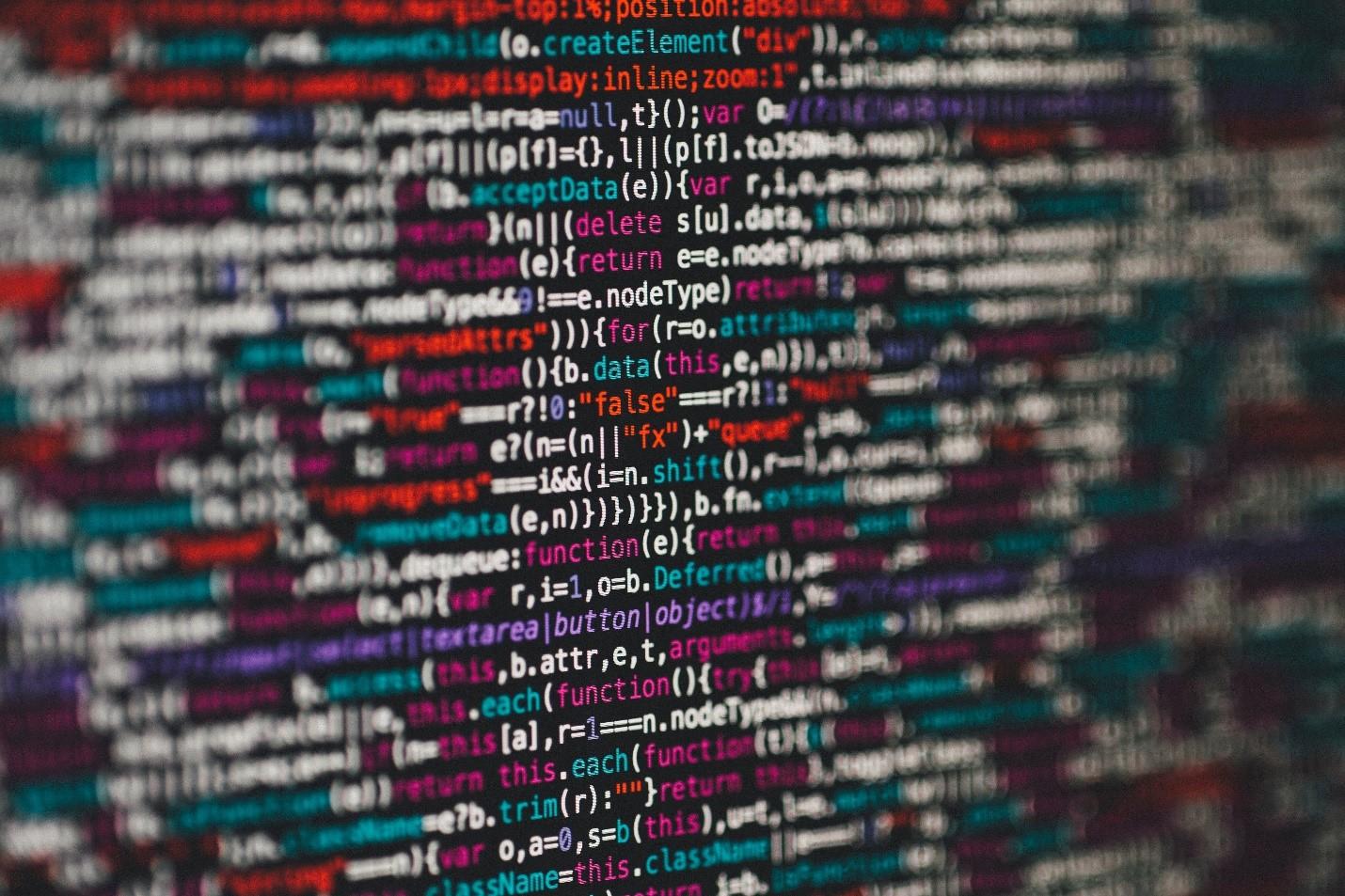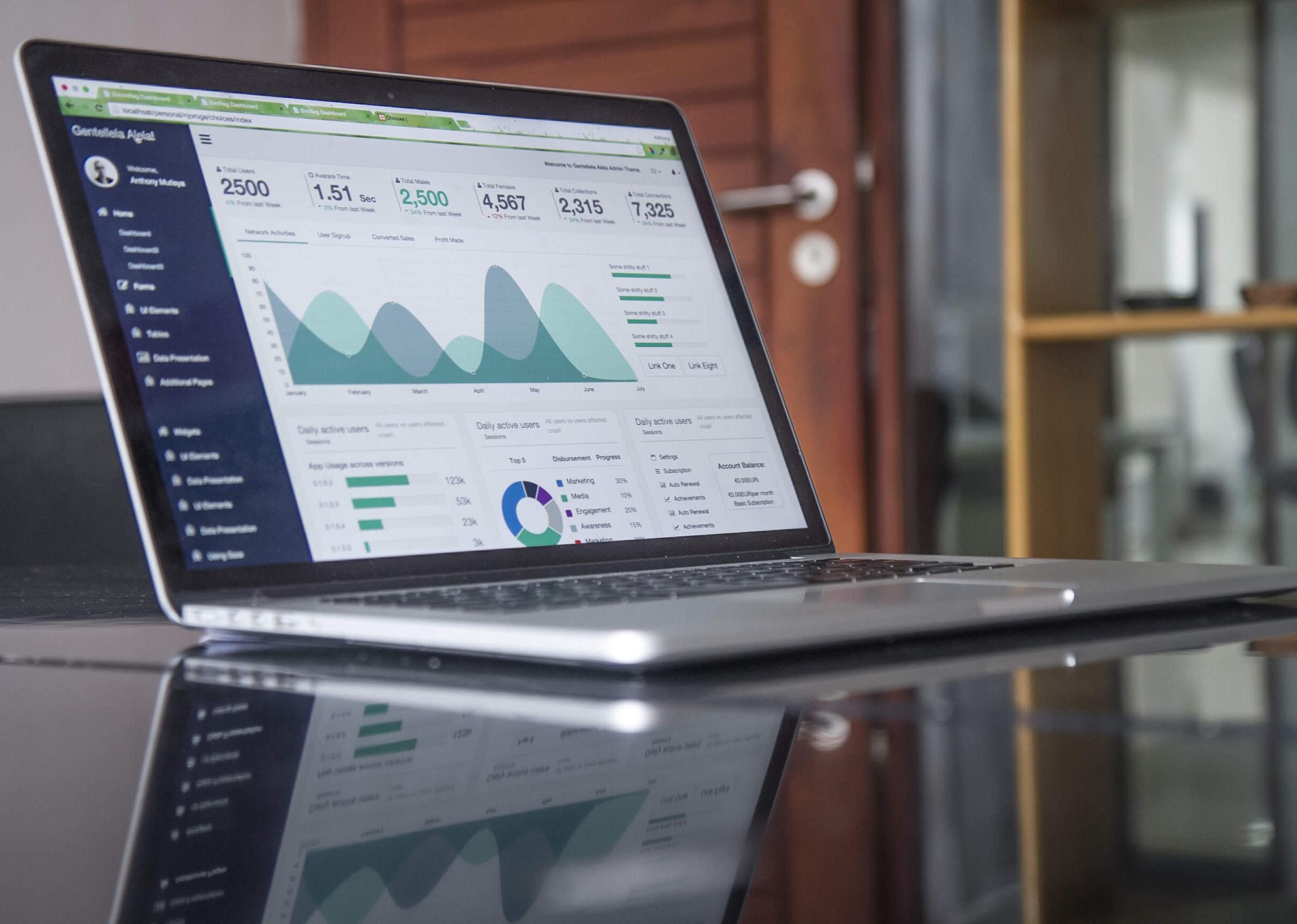
Data analysis is vital for businesses to comprehend problems confronting organizations and examine data constructively.
After all, data – in itself – is an amalgamation of facts and figures. Data analysis organizes, structures, interprets and exhibits data that is easy to follow, providing accurate contexts.
People in charge can utilize these contexts to enhance productivity and overall business gains.
As the workspace becomes more fast-paced and tech-driven, data analysis and skills acquired from data science courses will play the most crucial role in business operations.
But what exactly is data analysis? What do data analysts do?
Want to know the answer to these questions? Read our ultimate data analysis guide to learn all about it and more!

Data Analytics Types
There are four kinds of data analytics, and they all supplement each other, bringing value to any organization through their synergy.
Descriptive Analytics
Descriptive analytics evaluate events that occurred previously. Annual web traffic, quarterly sales, and monthly revenue are examples of such data.
These kinds of findings assist organizations in detecting generalizable trends.
Diagnostic Analytics
Diagnostic analytics examine the reasons behind a data change by assessing and merging with descriptive data.
This helps determine patterns and dependencies. Moreover, it assists organizations in identifying reasons for a negative or positive outcome.
Predictive Analytics
Predictive analytics look for ways to identify possible outcomes by observing common trends in diagnostic and descriptive analyses.
It allows organizations to take pre-emptive measures, such as reaching customers who aren't likely to renew contracts.
Prescriptive Analytics
Prescriptive analytics aims to determine what actions ought to be taken. These sorts of analytics generate substantial value, addressing all potential issues before they take root.
They rely upon compound algorithms and cutting-edge technologies to stay up-to-date with industry trends—this includes machine learning.
A 2016 survey of more than 1900 business executives concluded that firms find descriptive data analytics inadequate for data-driven, informed decision-making.
On the contrary, predictive and diagnostic analytics are vital for organizations.
What Does A Data Analyst Do?
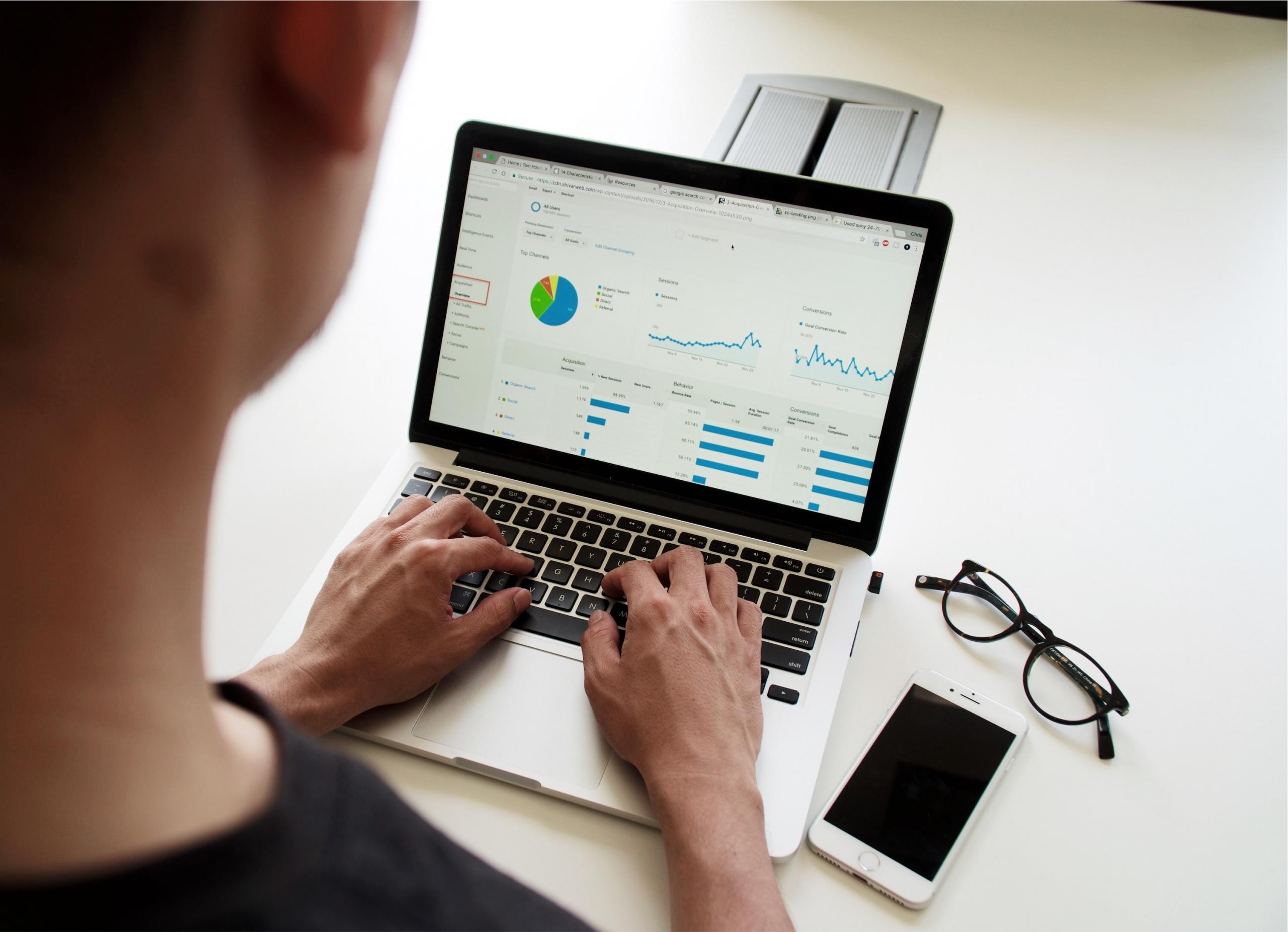
Data analysts primarily gather and decipher data to address a particular problem. Though the job role involves strictly working with data, it also includes communicating findings as well.
Nevertheless, here are some of the most common data analyst responsibilities:
- Gather data: Analysts are initially required to acquire data. This involves conducting surveys, monitoring visitors on the company site, or purchasing datasets from data-collection specialists
- Clean data: Raw data may contain errors, outliers, or duplicates. Cleaning means organizing your data in a spreadsheet or using a computer language so that interpretations remain clear, cohesive, and balanced
- Model data: This involves designing and creating database structures. You may choose the kinds of data you want to store and gather, set how data classifications are connected, and deal with how data appears
- Interpret data: This will include finding trends or patterns in data, which will assist you in answering the pertinent questions
- Present: The central part of your job is to communicate the outcomes of your results, and you can do this in several ways. For instance, placing together visualizations such as graphs and charts, penning reports, and offering data to the concerned parties
What Kinds Of Equipment Do Data Analysts Often Use?
Having a wide range of tools and equipment makes voluminous data work more efficient and accurate. Here are some of the most widely used tools to fulfill data analysts purposes:
- SQL
- Google Sheets
- Jupyter Notebooks
- SAS
- Microsoft Excel
- Tableau
- R
- Python

Why Become A Data Analyst?
Wondering why you should become a data analyst? Here are five compelling reasons:
Gain Problem-Solving Skills
Deep down, analytics is all about solving issues. Sometimes, the problems are more extensive than what most of us are capable of imagining.
Hence, unforeseen circumstances impact hundreds of thousands of businesses every year, along with the customers and staff they serve.
Therefore, thinking logically and approaching challenges appropriately is a valuable skill for professional life and everyday life.
Remember, looking at different data pieces and reaching a reliable conclusion are arguably at the core of data analysts' responsibilities.
Yet, astonishingly, it often lacks in most technically advanced workers.
High-Demand
It's one of the most obvious advantages of learning data analytics. Academics and data scientists who study data analysis e also generally agree with this assessment.
As a result, they are among the most sought-after researchers in academia.
Simply put, a data analyst is a valuable asset, especially when there's a looming skill shortage. And as more sectors and businesses begin working with data, this appetite is only set to rise.
It's a popular and in-demand position. Therefore, graduates with data analytics degrees will enjoy higher pay scales.
Analytics Is All Over The Place
Apart from the monetary benefits data analytics offer, there is a wide range of other things to look forward to. For instance, you can choose your desired position from a selection of opportunities.
From industrial manufacturing to aviation, just about every sector is looking for the latest talent in the field.
In short, with most organizations looking to capitalize on data to improve their processes, it is high time you start your career as a data analyst.
A Wide Variety Of Associated Skills
One good thing about data analytics is that the field includes more than just working with bulk data and addressing problems.
Though these are crucial components, data analytics also includes effective communication – the art of conveying compound information to others without expertise.
Communication skills are a must for data analysts today, particularly if you want to excel in your career.
How To Become A Data Analyst
Want to become a data analyst? Well, there are several paths you can take to do so.
Whether you're graduating from school/college/university or aiming to switch jobs, the first and foremost step is assessing your transferrable abilities.
Based on what you discover about yourself, you must build new skills required for this position. Without further ado, here are a few of the most critical technical skills that you'll need as a data analyst:
Database Tools
SQL and Microsoft Excel should be a part of any self-respecting data analysts' arsenal. Though Excel is popular across most industries, SQL can manage more extensive data sets and is often classified as a requirement for data analytics.
Programming Languages
Complex statistical computer programming languages, such as R, Python, or others, will enable you to handle big data sets.
Although it's good to learn some of the most widely used programming languages, it's always better to look at the job description before applying.
This will help you understand which language is best suitable for the position.
Data Visualization
Presenting your outcomes clearly and concisely is vital to becoming a professional data analyst. For example, showing your data through graphs and charts will efficiently ensure that your colleagues, stakeholders, and employers understand it.
Furthermore, you can use several tools to do this, such as Excel, Jupyter Notebook, and Tableau.
Statistics And Mathematics
Understanding the fundamental concepts that keep an eye on what analytics tools are doing will assist you immensely in your daily work.
A good grasp of mathematics and statistics will help you:
- Identify which tool is better to utilize and address specific problems
- Capture errors in data
- Have a better picture of the outcomes.
Key Workplace Skills
Here are a few critical workplace skills that every data analyst has to possess:
Problem-Solving
Arguably the most crucial thing about being a data analyst is that they should have a basic know-how of what's being asked, along with the issue that requires to be addressed.
In addition to that, they should find trends or patterns that may reveal the story. Therefore, with good problem-solving skills, you can emphasize the right kind of data, catch loopholes, and recognize the revealing ways of analysis.
Communication
Aside from having good technical skills, data analysts should possess practical communication skills as well.
Conveying your ideas to other stakeholders is a crucial part of their work. Therefore, strong speaking and writing abilities are significant assets in this field as they allow you to communicate with stakeholders and colleagues.
Industry Knowledge
Knowing about your industry will give you an edge in everything, whether it is an application for your dream job or your career's growth.
If you plan to enter any industry, make sure to know as much as you can about it. Read whatever you can from newspapers and books to gain a good understanding of your industry.
In addition, it introduces you to the main trends and issues in your niche.
Ways To Becoming A Data Analyst

Acquiring the above skills will make you better-placed to become a professional data analyst. Having said that, here are some effective ways you can undertake to become a data analyst:
Professional Certificate
Some entry-level certificate programs don't require any experience whatsoever. Instead, they can instruct you on fundamental skills, such as statistics or SQL.
And simultaneously, they can give you a chance to add projects to your portfolio or offer real-time feedback on the work.
Bachelor's Degree
If you're seeking employment in data analytics, you must have a bachelors' degree. However, that's not our directive; it comes from the Bureau of Labor Statistics.
During your degree, make sure to choose maths, computer science, or statistics classes. These fields are likely to provide you with a good start in your future employment.
In addition, you can pursue both a virtual or on-premises bachelor's degree.
Self-Study
And if you don't want formal training, you can learn essential data analytics skills all by yourself. Enroll in free courses or watch YouTube tutorial videos.
You can also take private data analytics lessons from platforms like Superprof to become what you have always dreamed of.
Take Data Analysis Lessons With Superprof
Are you seeking credible data analysis classes near your hometown? Then, join Superprof – the best online and in-person tutoring platform in the US and the world.
We offer some of the best interactive data science classes. In addition, our professional and skilled tutors will assist you in reshaping your logical skills, adapting to current needs.
They will provide you with the necessary skills and resources needed to utilize analytics, data, and knowledge on network modeling, graphic modeling, regression, hypothesis testing, anomaly detection, and machine learning to address business problems.
Superprof data analysis tutors have a wide variety of strategies that meet individuals' requirements. Our tutors first determine a pupil's needs and then make a bespoke plan with tangible and achievable targets.
Therefore, hire a Superprof tutor today and commence your journey to become a qualified and competent data analyst!
Summarize with AI:

